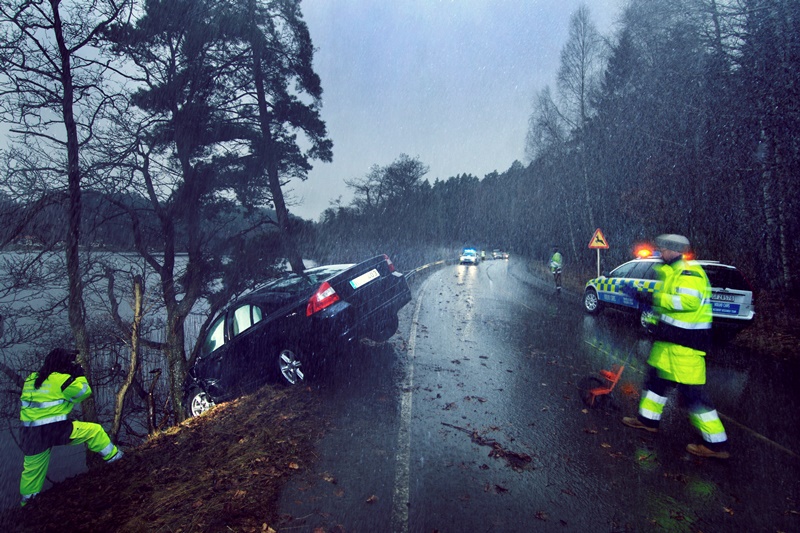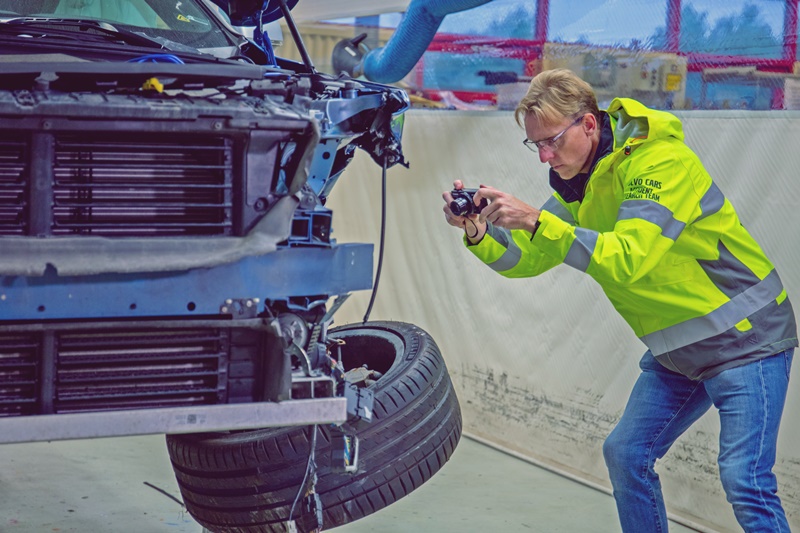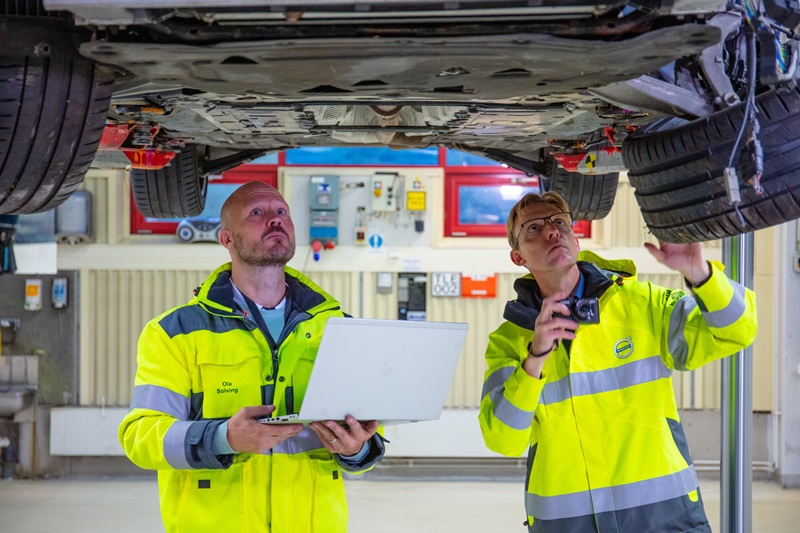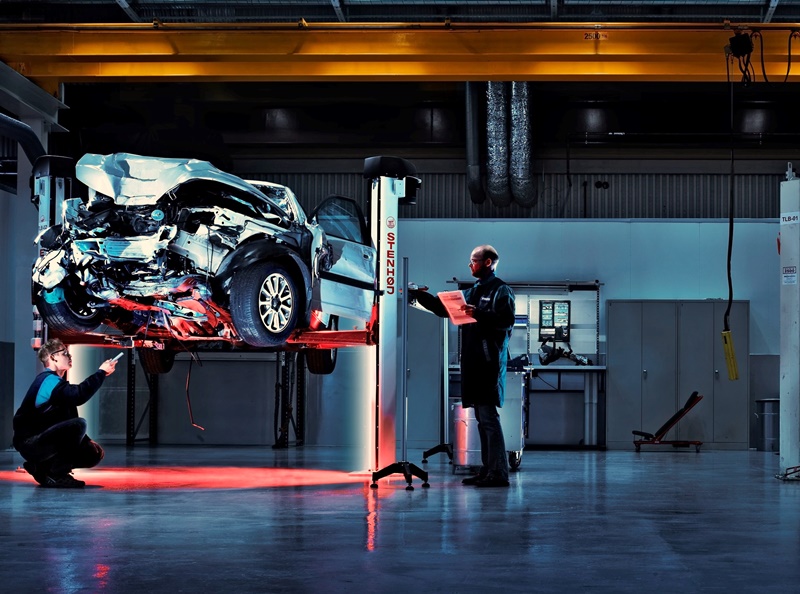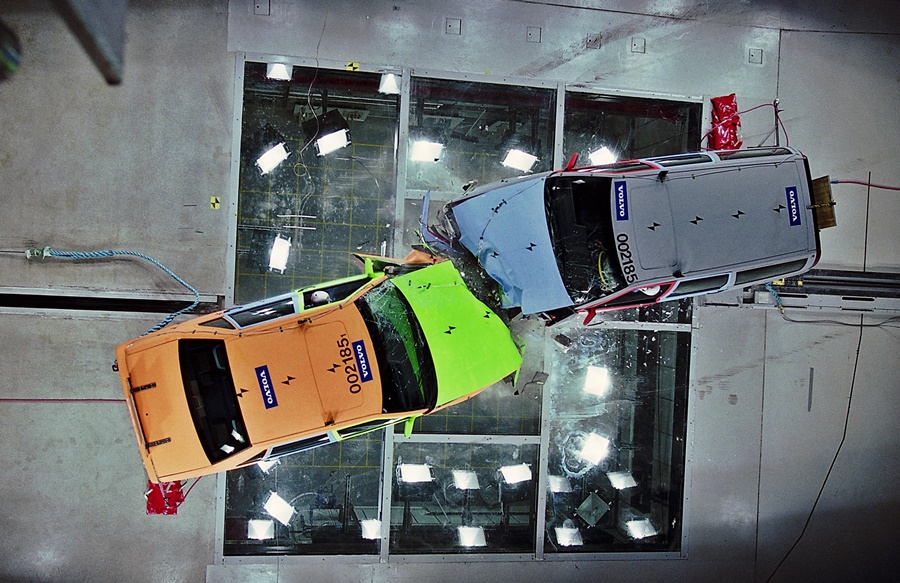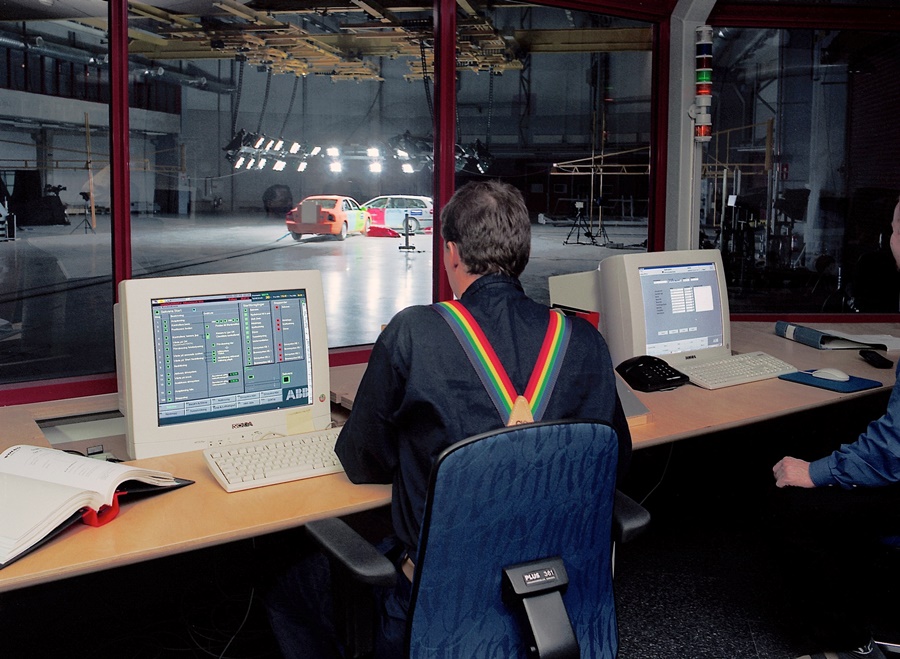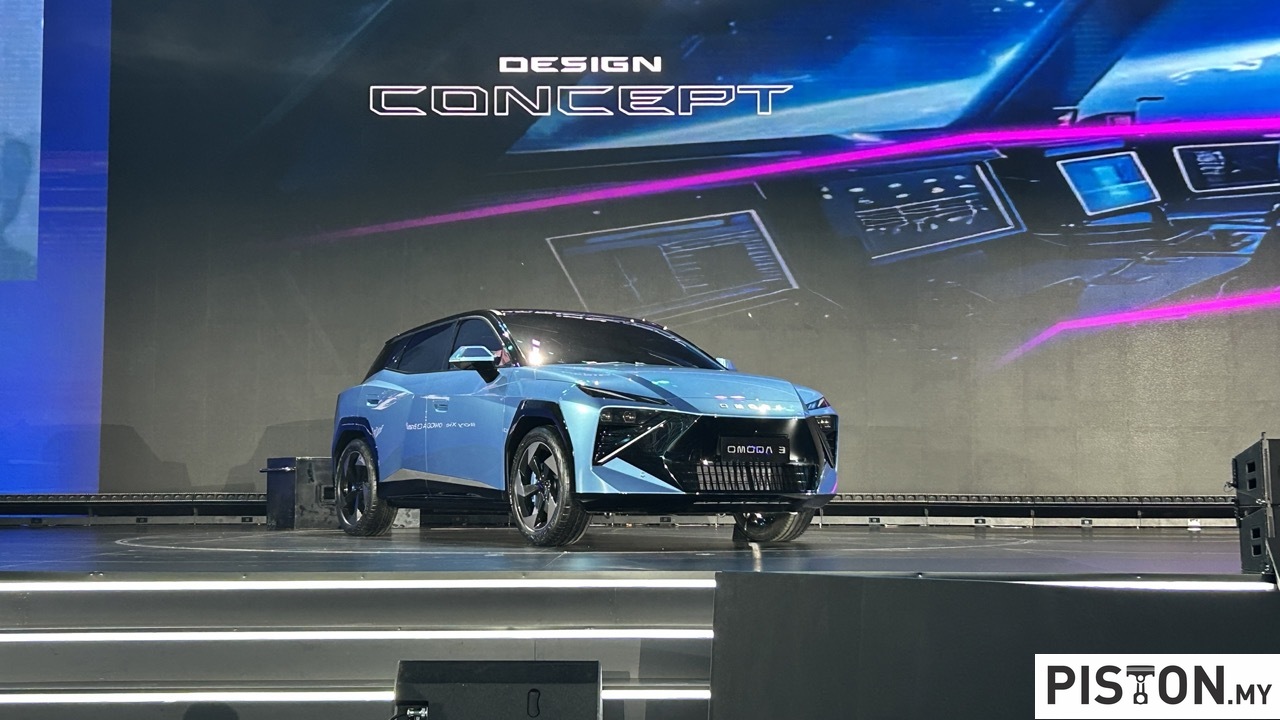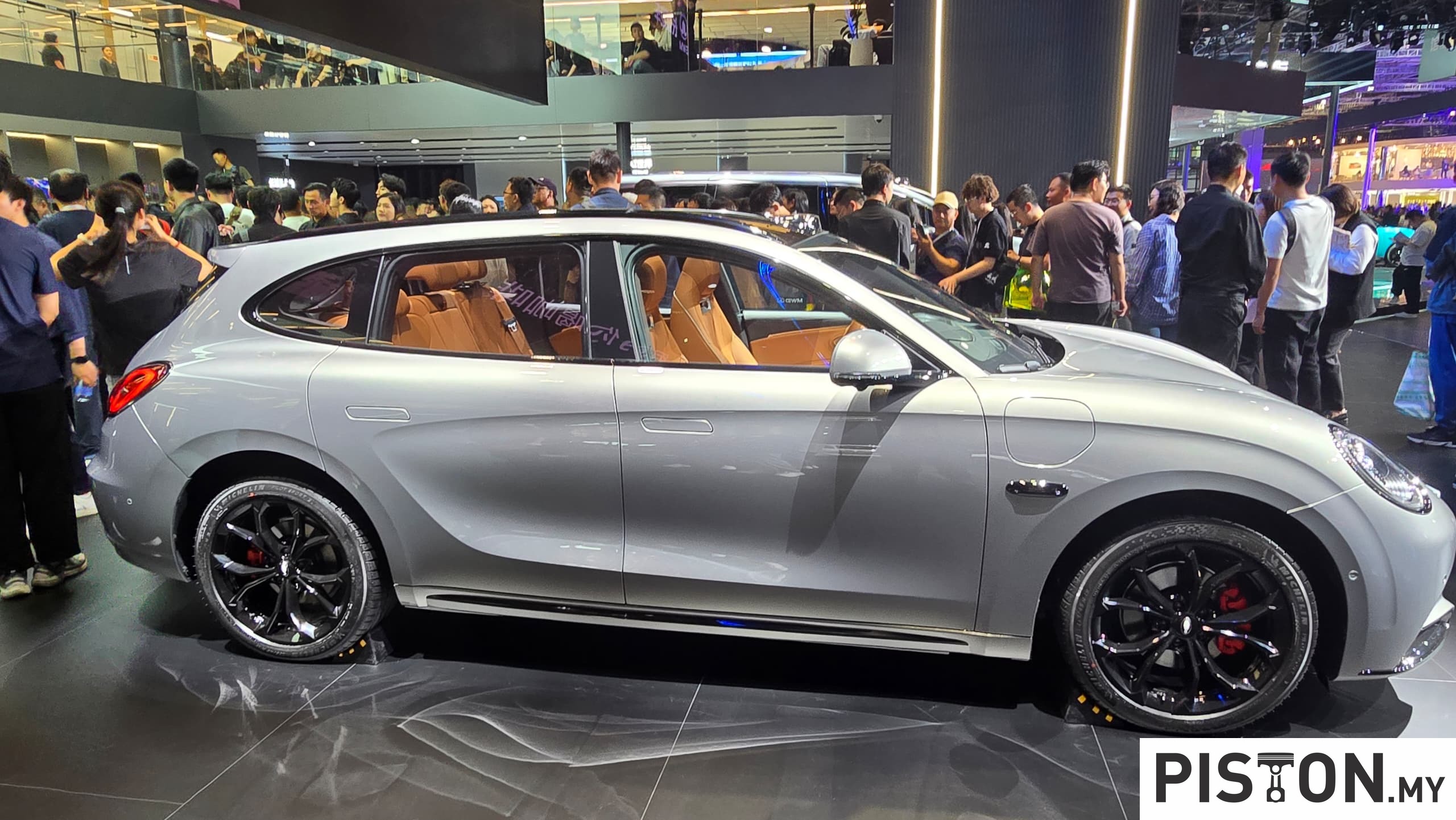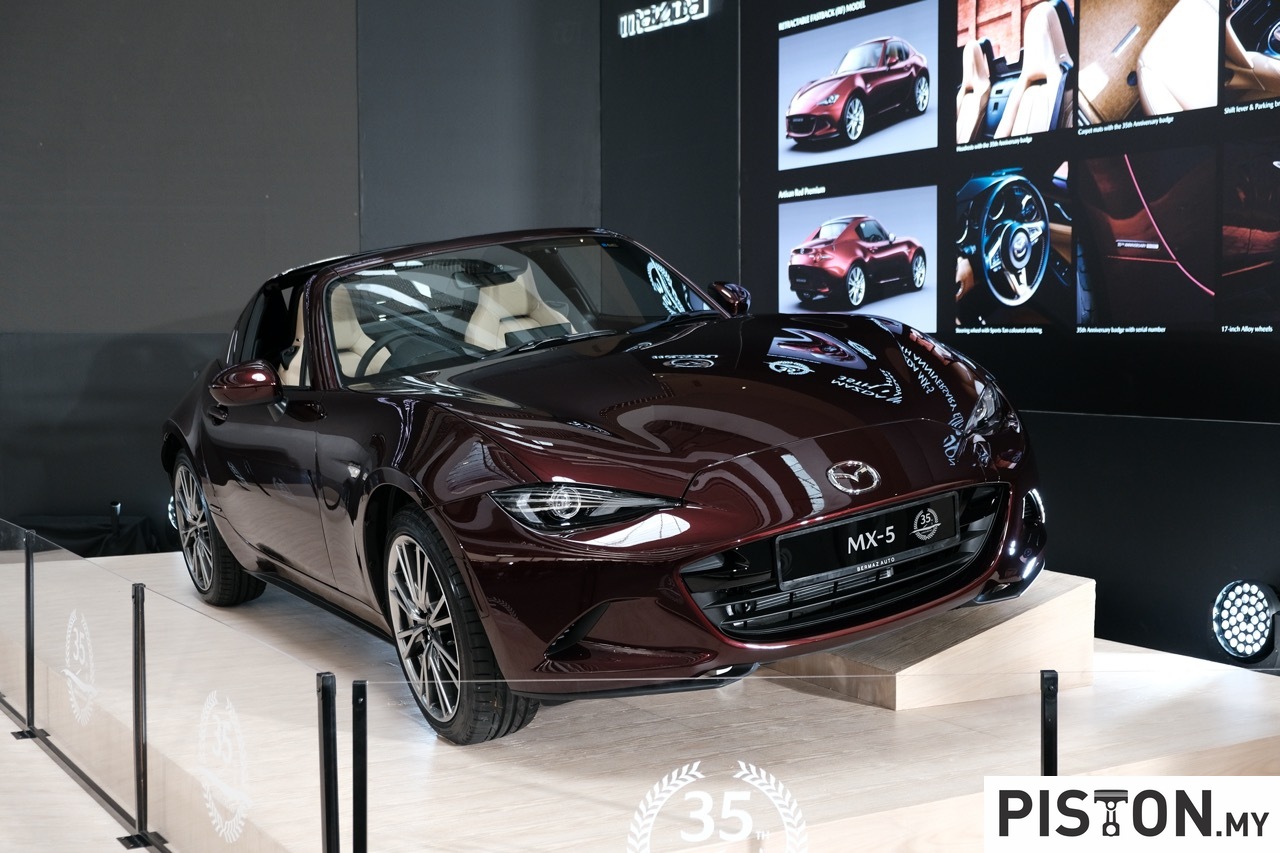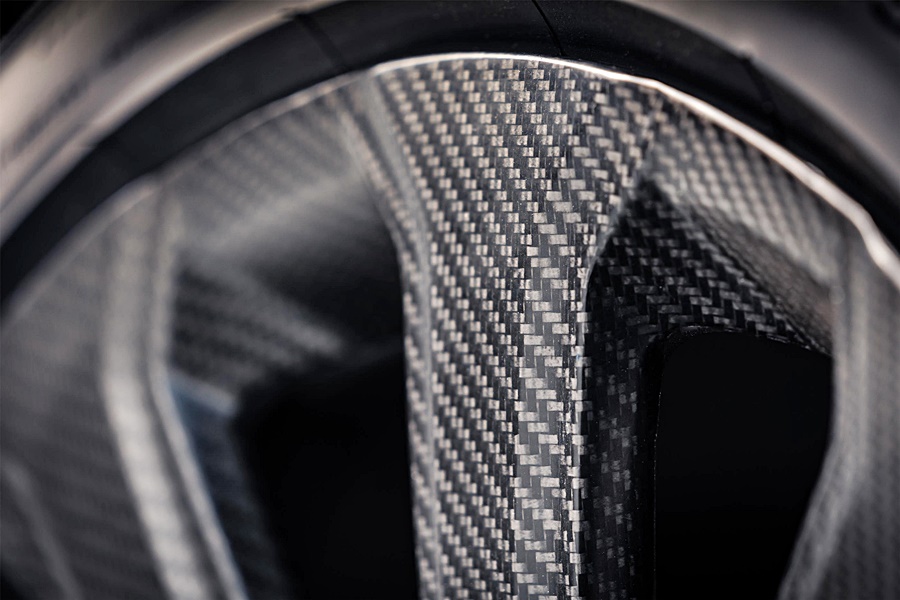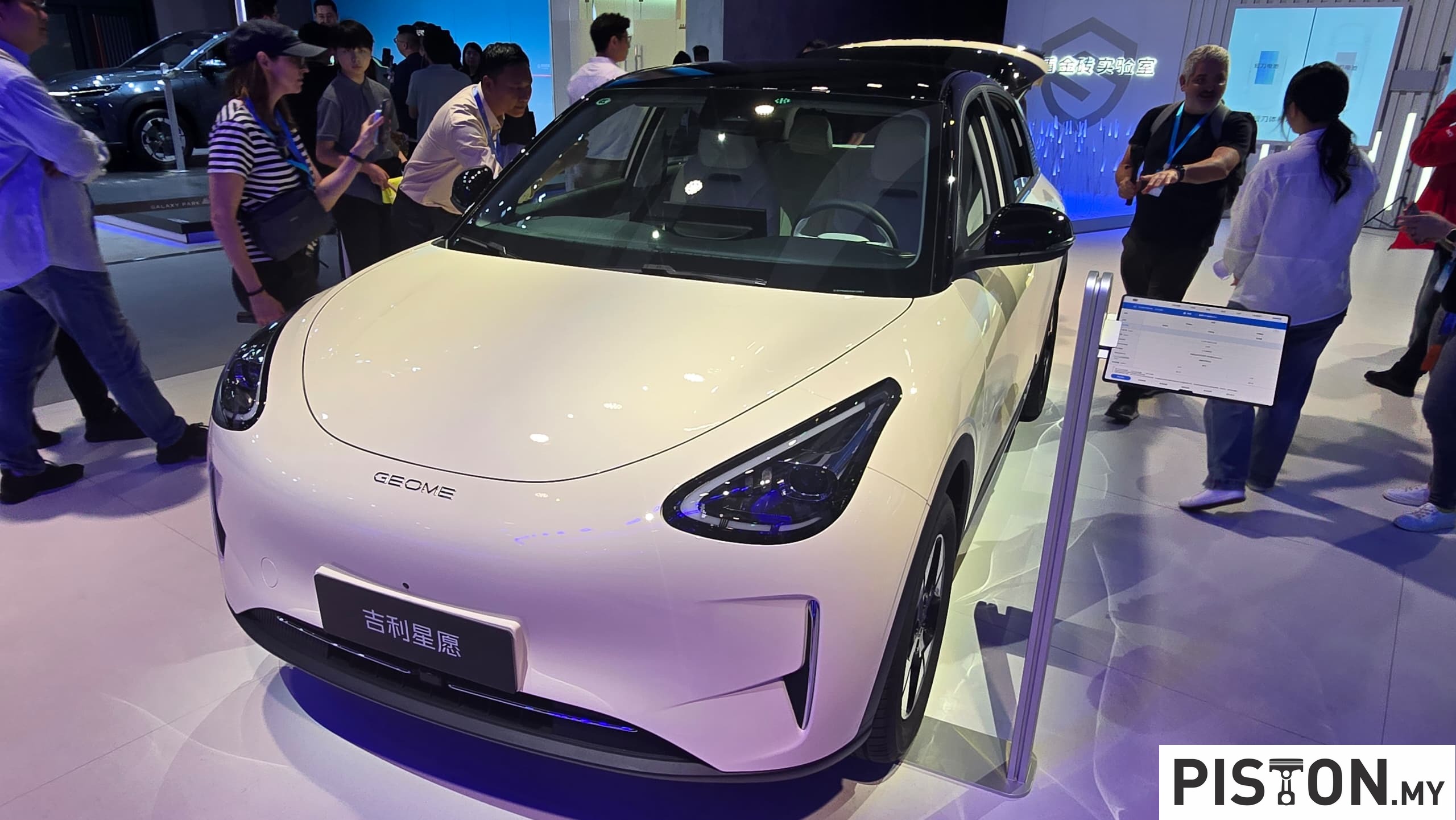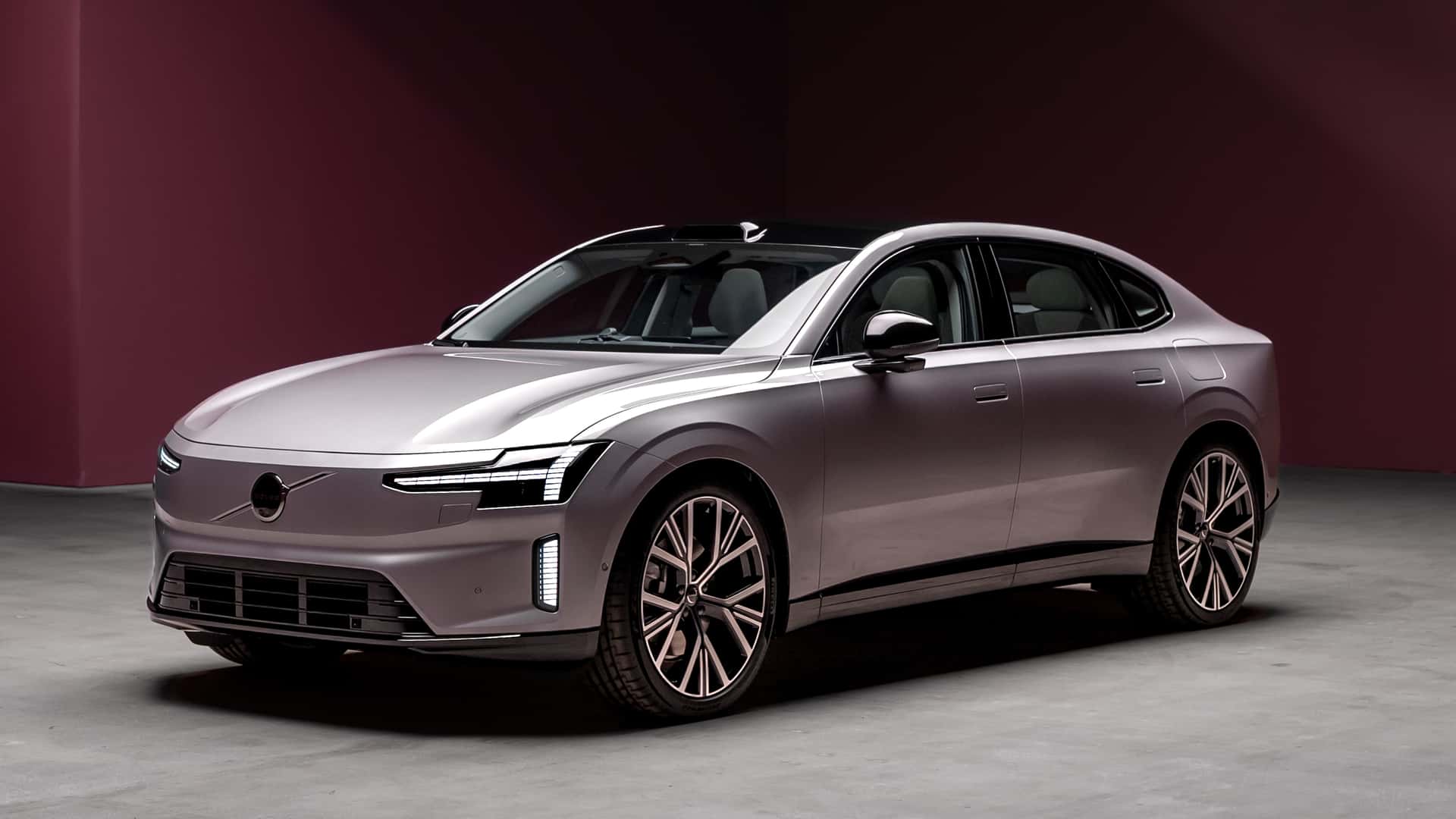No matter how many crash tests are done and how many thousands of hours of simulations are done on computers, motor vehicle accidents can still be unique due to many variable factors. While the engineers may design the vehicle to cope with various accident conditions and protect the occupants, but there will be times when a situation is so unique that the effects are severe.
This is where Volvo’s in-house ‘detectives’ come in; officially known as the Volvo Car Accident Research Team, they investigate actual accidents to obtain information and data so that Volvo can improve the safety of its cars.
Full-time work on investigations
While some other carmakers may have similar investigators or take an interest in some accident cases, Volvo Cars has had its team for the past 50 years as a full-time department, and all round the clock too.
“The Accident Research Team’s hard work and research allows Volvo Cars to make sure that a tragic traffic accident can lead to something good: ever safer cars,” said Malin Ekholm, Head of the Volvo Cars Safety Centre. “By closely analysing what has happened during each phase of an accident, the team provides crucial information on what can be improved on our cars.”
The team has been in operation since 1970 and whenever an accident involving a Volvo car occurs around Gothenburg, Volvo’s home city in Sweden, they quickly get to the scene when notified. As soon as they arrive, they start an investigation and document the sequence of events in as much detail as possible.
Understanding an accident
That means asking questions like how forceful the impact was; how quickly did the active safety systems intervene; how were the passengers; and so on. Other questions may determine weather conditions and even the condition of the road markings and signs. The team requests publicly accessible police reports, contacts the driver and examines the car when possible.
The data is brought back to the office where work continues. The team also tries to understand how the driver experienced the accident, a process that involves the Volvo Cars Safety Centre’s behavioural scientists.
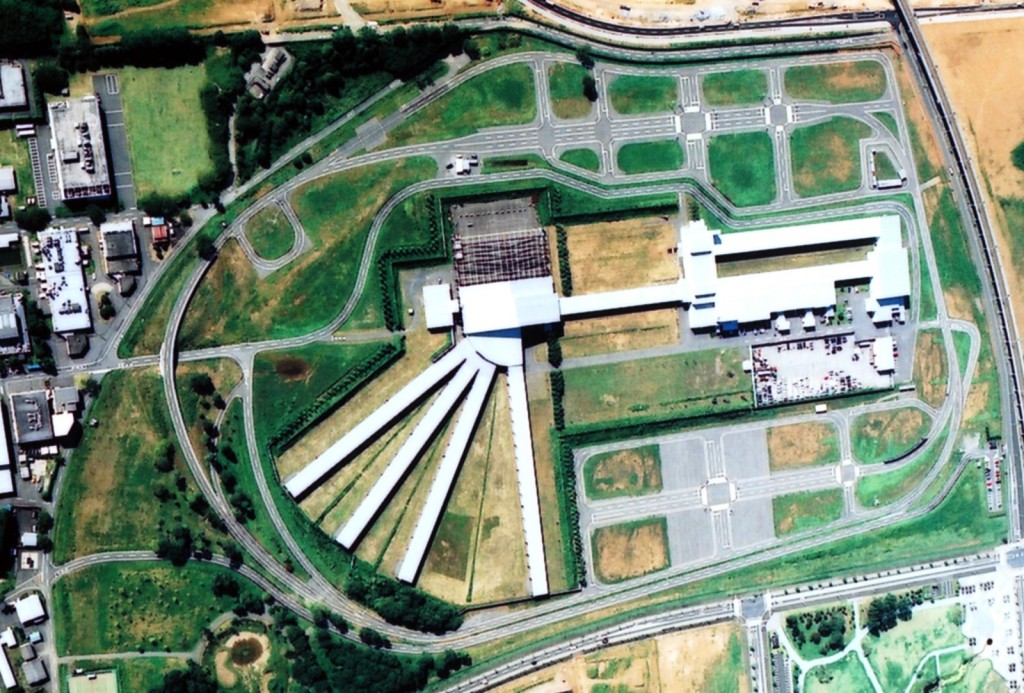
Finally, the team will ask the people involved in the accident to share their medical records, which allows them to take note of any injuries sustained. These are analysed by biomechanics experts, in cooperation with physicists, to understand the exact causes of the injury.
Data is analysed and shared
All the data and knowledge collected is coded and ‘depersonalised’, becoming objective information for analysis and future reference. Conclusions from this research are shared with Volvo’s product development teams, who use it to develop and implement new technologies in upcoming cars. The team also identifies things that can’t be solved today, but can be addressed as new technology develops.
Every year, the team investigates around 30-50 accidents in person, but accidents happen all over the world and the scene can be hard to reach. In those cases, and to the degree possible, the detectives work to map out accidents with the support of Volvo personnel and emergency services closer to the site.
“The Accident Research Team is far from the only source of research data for our safety experts, but it plays an important role for us to really understand the details,” adds Malin Ekholm. “Accidents do still happen, but nowadays the consequences are much milder and serious injuries are much rarer than they used to be.”
Soon, you will be able to go only up to 180 km/h in any Volvo




